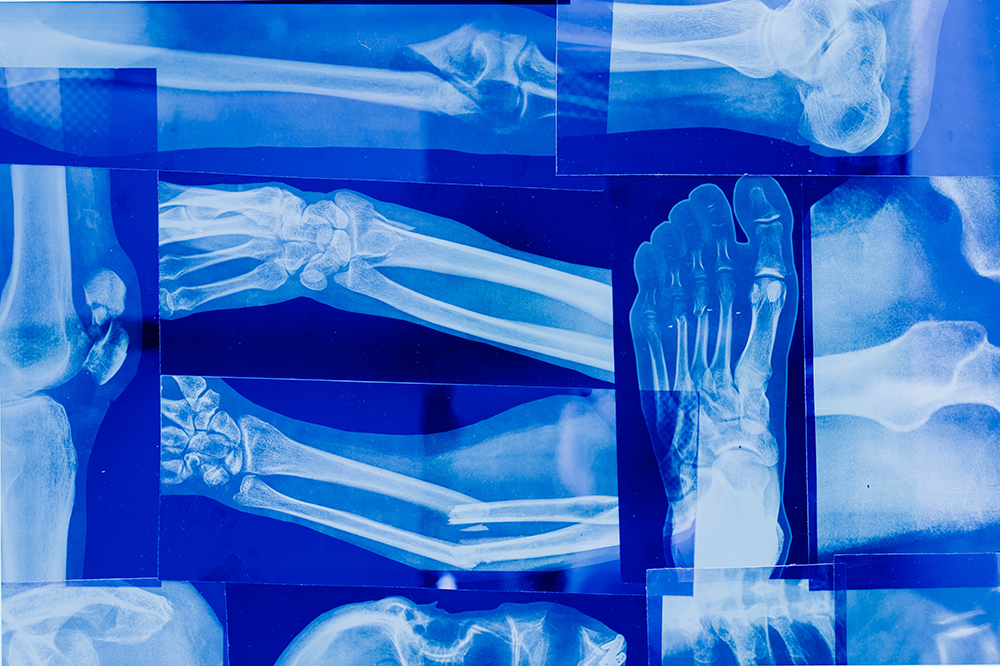For individuals grappling with obesity, bariatric surgery is a transformative and significant step towards substantial weight loss and enhanced health and lifestyle. Nevertheless, post-operative nutritional imbalances present a key challenge for both the patients and their healthcare providers. Insights into Nutritional Imbalances Following Bariatric Surgery The alteration of the digestive tract in bariatric surgery, whether […]

Embarking on a weight loss surgery journey is a transformative step towards a healthier life, with the role of bariatric vitamins being an important component in the post-op diet. The reduced size of the stomach and alterations in the digestive process after bariatric surgery, including gastric bypass and duodenal switch procedures, significantly impact the body’s […]
Bariatric vitamins are required for all post-op bariatric patients to prevent vitamin deficiencies. All weight loss surgery procedures cause a restrictive effect, meaning your stomach pouch size is smaller, so you can not intake as much food to keep your vitamin levels up. Likewise, the gastric bypass and the duodenal switch produce a malabsorptive effect […]
Calcium and vitamin D deficiencies are common after bariatric surgery due to the malabsorptive nature of the procedures. Bariatric surgery alters the anatomy and digestive tract, playing a significant role in vitamin and nutrient levels after bariatric surgery. In particular, bariatric surgery impacts bone density due to malabsorption, alteration of the intestinal tract, weight loss, […]
Bariatric providers require patients to take a bariatric multivitamin after weight surgery, along with other vitamins, to ensure optimal health. After bariatric surgery, the digestive tract will be altered, reducing the amount of vitamins and minerals absorbed by the body. Therefore, to avoid malnutrition, patients will be required to take vitamins for life after their […]
Magnesium is an electrolyte that works alongside other electrolytes to help our normal bodily functions occur. This mineral is involved in over 300 enzymatic processes in the body, including every major organ function—especially the heart and brain.
After bariatric surgery, all patients must take vitamins and supplements. As a result of the significant change in the digestive process and the reduction in food intake, vitamins and minerals are not absorbed as easily nor as frequently.
I frequently get questions about taking supplements including how often you should take them, for how long, and what types of supplements you need to take. Contrary to some medical articles I have read that show no benefit to taking supplements, I am a huge advocate for supplements, for many reasons.
Calcium is the most abundant mineral in the human body. The majority of the calcium in your body is used for the structure of your bones and your teeth while the rest is in your muscles and throughout your blood. So it may come as a shock to learn that calcium deficiency is a very common condition that […]
blog

The topic of mental health has been swirling since the rise of social media. Whether talking about how to manifest your emotions or let go of things that don’t serve us, we can all agree that mental health is essential to finding fulfillment in life.

Nutrition after bariatric surgery is the most critical component to achieving long-term weight loss success. In this bariatric nutrition guide, learn everything you need to know about bariatric nutrition pre-op and post-op and nutrition basics.

Excess sugar consumption can increase your risk of many health conditions, including diabetes and obesity. In this guide, we give you the tips to reduce your sugar intake and improve your health.















